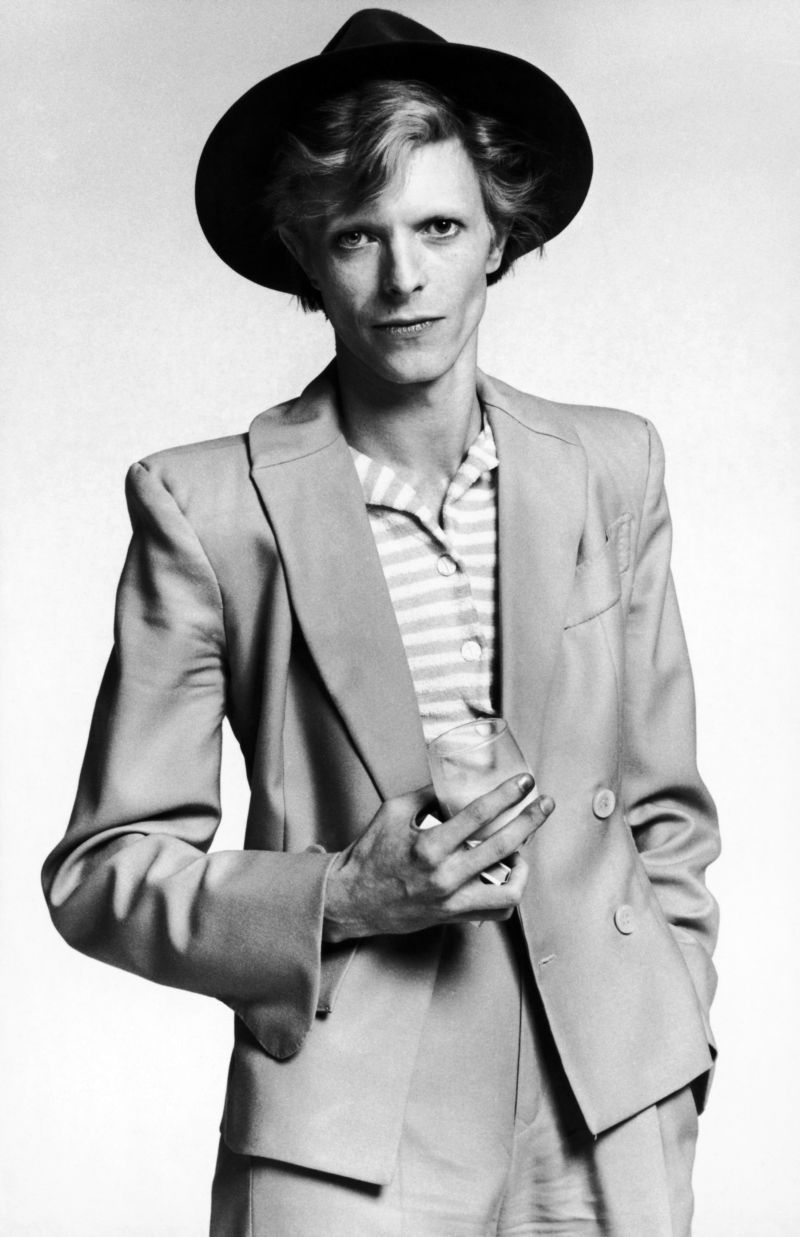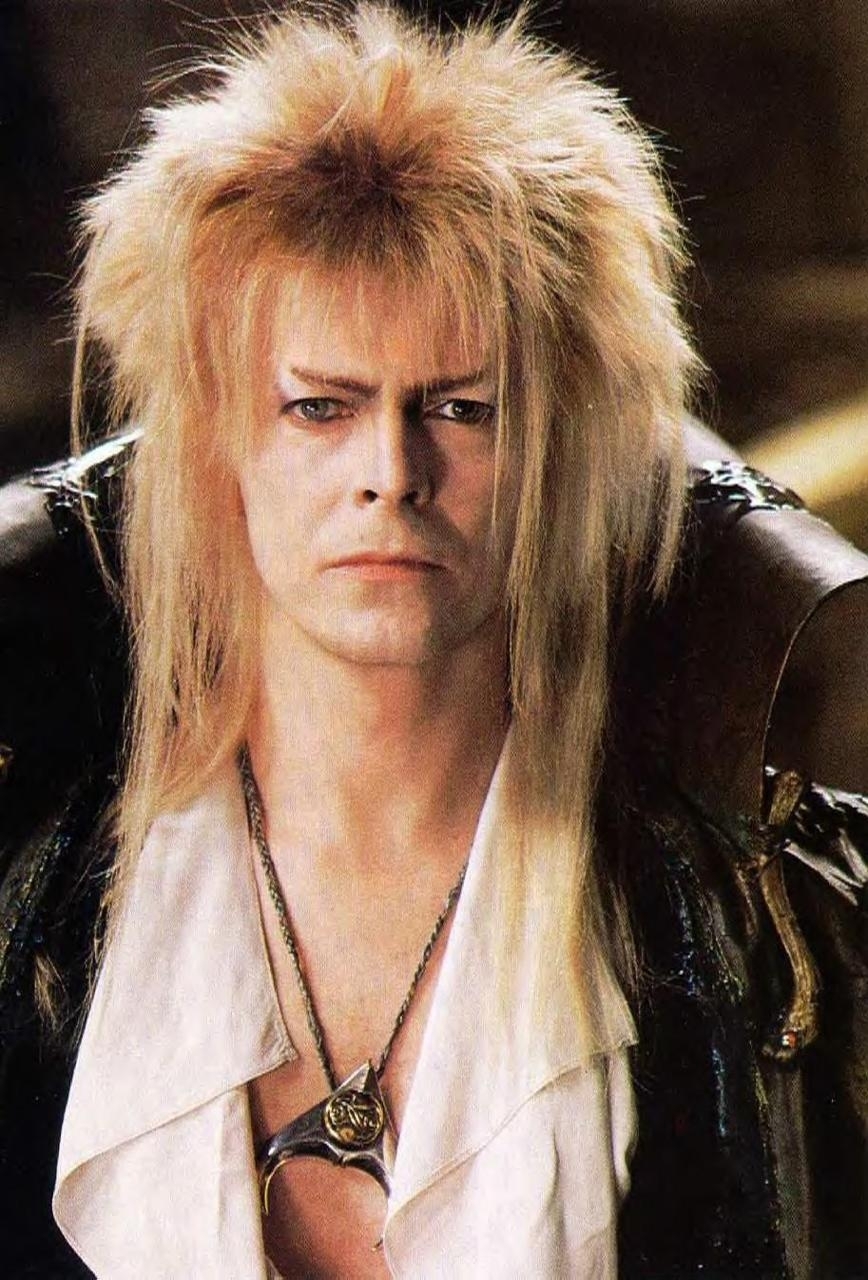David Bowie: The Icon Who Revolutionized Music And Fashion
When it comes to legendary musicians, David Bowie is in a league of his own. He wasn’t just a singer; he was an artist, a visionary, and a cultural phenomenon. His influence transcends generations, and his work continues to inspire millions around the globe. If you’re here, chances are you want to dive deep into the world of this extraordinary talent, and trust me, you’re in for a treat.
David Bowie’s career spanned over five decades, and during that time, he redefined what it meant to be an artist. From Ziggy Stardust to his later experimental works, Bowie was never afraid to take risks. His ability to evolve with the times while staying true to his artistic vision is something that sets him apart from his contemporaries. This article will explore his life, music, and legacy in a way that’ll make you appreciate him even more.
So, whether you’re a long-time fan or just discovering the magic of David Bowie, stick around. We’re about to take a journey through the life of a man who changed the face of music and pop culture forever. Let’s get into it!
Read also:Revolutionize Your Workflow The Ultimate Remote Raspberry Pi Management Platform
Table of Contents
- Biography: Who Was David Bowie?
- Early Life and Influences
- Musical Career: A Journey Through Decades
- Ziggy Stardust: The Rise of an Alien Superstar
- David Bowie as a Fashion Icon
- Film Career: Bowie on the Big Screen
- Personal Life: Love, Loss, and Legacy
- Influence on Music and Culture
- David Bowie’s Passing: A Legacy That Lives On
- Conclusion: Why David Bowie Matters
Biography: Who Was David Bowie?
David Bowie, born David Robert Jones on January 8, 1947, in Brixton, London, was more than just a musician. He was a polymath who dabbled in music, acting, art, and fashion. His career was marked by constant reinvention, and he became a symbol of creativity and individuality. Bowie’s ability to embrace change and challenge norms made him one of the most influential figures in the entertainment industry.
Data and Facts About David Bowie
| Full Name | David Robert Jones |
|---|---|
| Birth Date | January 8, 1947 |
| Place of Birth | Brixton, London, England |
| Death Date | January 10, 2016 |
| Occupation | Singer, Songwriter, Actor, Producer |
| Spouse | Angela Barnett (1970–1980), Iman (1992–2016) |
| Children | Duncan Jones, Alexandria Zahra Jones |
Throughout his life, Bowie wore many hats, but his impact as a musician is what defines him. Let’s take a closer look at his journey from a young boy in London to becoming one of the most celebrated artists in history.
Early Life and Influences
Born into a working-class family, David Bowie’s love for music began at a young age. His mother, Margaret Mary Burns, and father, Haywood Stenton Jones, encouraged his artistic pursuits. At the age of 13, Bowie received his first saxophone, a gift from his father, which sparked his interest in jazz and rock music. This early exposure to diverse musical styles would later influence his unique sound.
Bowie’s early years were also marked by a fascination with art and literature. He was heavily influenced by the beat generation and avant-garde movements, which shaped his approach to creativity. His school years were unremarkable academically, but his passion for the arts was evident. By the time he was a teenager, Bowie was already performing in local bands, honing his craft and building a foundation for his future success.
Musical Career: A Journey Through Decades
David Bowie’s musical career is nothing short of legendary. Starting in the 1960s, he released his self-titled debut album, which didn’t gain much traction. However, it was his 1969 single “Space Oddity” that catapulted him to fame. This track, with its haunting melody and narrative about Major Tom, became an instant classic and set the tone for his future work.
Over the years, Bowie experimented with various genres, including glam rock, soul, electronic, and pop. His willingness to explore different sounds and styles kept his music fresh and exciting. Some of his most iconic albums include Hunky Dory, The Rise and Fall of Ziggy Stardust and the Spiders from Mars, and Let’s Dance. Each album showcased a different facet of his artistry, proving that Bowie was never one to rest on his laurels.
Read also:Kelly Siegler Son The Rising Star In The Spotlight
Ziggy Stardust: The Rise of an Alien Superstar
One of the most defining moments in Bowie’s career was the creation of his alter ego, Ziggy Stardust. This androgynous, flamboyant character became a symbol of rebellion and self-expression. The album The Rise and Fall of Ziggy Stardust and the Spiders from Mars is often hailed as one of the greatest rock albums of all time, and it cemented Bowie’s status as a cultural icon.
Ziggy Stardust wasn’t just a persona; it was a statement. It challenged societal norms and encouraged fans to embrace their true selves. The character’s theatrical performances and bold fashion choices made Bowie a trailblazer in the world of glam rock. However, Bowie eventually retired Ziggy Stardust, signaling his commitment to constantly reinventing himself.
David Bowie as a Fashion Icon
When it comes to fashion, David Bowie was a pioneer. His style was as eclectic and daring as his music. From the flamboyant outfits of Ziggy Stardust to the minimalist chic of his later years, Bowie’s fashion choices were always a reflection of his artistic vision.
Here are some key moments in Bowie’s fashion journey:
- Platform boots and jumpsuits: The Ziggy Stardust era saw Bowie rocking outrageous outfits that blurred gender lines.
- Berlin period: During his time in Berlin, Bowie embraced a more understated, yet still edgy, style.
- Later years: Bowie’s fashion evolved into a more sophisticated look, but he never lost his flair for the dramatic.
His influence on fashion is undeniable, and many designers have cited Bowie as a source of inspiration. He proved that fashion is an extension of one’s identity and a powerful form of self-expression.
Film Career: Bowie on the Big Screen
Besides his music, David Bowie also made a name for himself in the film industry. His acting career, although not as extensive as his musical one, featured some memorable performances. Some of his most notable roles include:
- The Man Who Fell to Earth: Bowie’s portrayal of an alien in this 1976 film was both eerie and captivating.
- Labyrinth: In this fantasy film, Bowie played the Goblin King, a role that showcased his theatrical skills.
- The Prestige: Bowie appeared as Nikola Tesla in this Christopher Nolan film, adding depth to his acting resume.
While his acting career wasn’t as prolific as his music career, Bowie brought the same level of dedication and creativity to his roles. His performances were always memorable, leaving a lasting impression on audiences.
Personal Life: Love, Loss, and Legacy
Beyond his public persona, David Bowie was a husband and father. He was married twice, first to Angela Barnett and later to supermodel Iman. With Angela, he had a son, Duncan Jones, who followed in his father’s footsteps by becoming a filmmaker. Bowie’s second marriage to Iman produced a daughter, Alexandria Zahra Jones.
Bowie was known for keeping his personal life private, but those who knew him described him as a devoted family man. His relationships were marked by deep connections and mutual respect. Even in his personal life, Bowie embodied the same qualities that made him a great artist: authenticity and passion.
Influence on Music and Culture
David Bowie’s influence on music and culture is immeasurable. He inspired countless artists across various genres and generations. His ability to constantly reinvent himself taught others the importance of staying true to one’s artistic vision while embracing change.
Bowie’s impact extends beyond music. He was a champion of individuality and self-expression, encouraging fans to embrace their uniqueness. His work challenged societal norms and paved the way for greater acceptance of diversity in the arts. In many ways, Bowie was ahead of his time, and his legacy continues to inspire new generations.
David Bowie’s Passing: A Legacy That Lives On
David Bowie passed away on January 10, 2016, after a private battle with liver cancer. His death shocked the world, and tributes poured in from fans and fellow artists alike. What made his passing even more poignant was the release of his final album, Blackstar, just two days before his death. The album was a fitting farewell, showcasing Bowie’s unwavering commitment to his craft until the very end.
Even in death, Bowie continues to inspire. His music, art, and legacy live on, reminding us of the power of creativity and the importance of staying true to oneself. His influence can be seen in the work of countless artists today, proving that his impact on the world of entertainment is timeless.
Conclusion: Why David Bowie Matters
David Bowie was more than just a musician; he was a cultural icon who redefined what it meant to be an artist. His ability to constantly evolve and challenge norms made him a trailblazer in the entertainment industry. From his groundbreaking music to his iconic fashion choices, Bowie left an indelible mark on the world.
So, what can we take away from the life and career of David Bowie? First and foremost, the importance of embracing change and staying true to your artistic vision. Bowie showed us that creativity knows no bounds and that the only limit is our imagination. His legacy serves as a reminder that art has the power to transcend generations and inspire countless others.
If you enjoyed this article, feel free to share it with your friends and let me know your thoughts in the comments. And hey, why not check out some of Bowie’s music or watch one of his films? Trust me, it’ll be worth it. Keep the spirit of Bowie alive, and remember: “Ch-ch-changes!”


